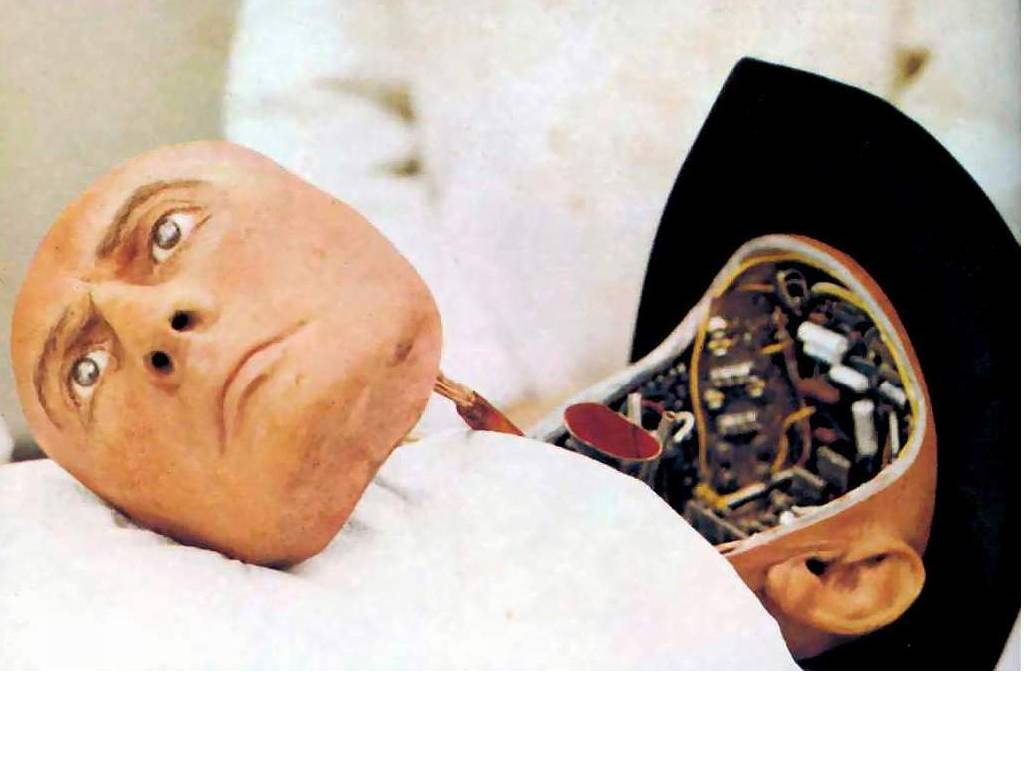While I’m fully aware that humanity can off itself in any number of ways–climate change seems most prominent right now–I don’t think the Singularity will be the end of us. Carbon and silicon can synthesize quite nicely. But some people argue persuasively that the rise of the latter means doom for the former. Machines, meanwhile, seem suspiciously unconcerned. From “Humanity’s Last Invention and Our Uncertain Future” at the University of Cambridge site:
“In 1965, Irving John ‘Jack’ Good sat down and wrote a paper for New Scientist called Speculations concerning the first ultra-intelligent machine. Good, a Cambridge-trained mathematician, Bletchley Park cryptographer, pioneering computer scientist and friend of Alan Turing, wrote that in the near future an ultra-intelligent machine would be built.
This machine, he continued, would be the ‘last invention’ that mankind will ever make, leading to an ‘intelligence explosion’ – an exponential increase in self-generating machine intelligence. For Good, who went on to advise Stanley Kubrick on 2001: a Space Odyssey, the ‘survival of man’ depended on the construction of this ultra-intelligent machine.
Fast forward almost 50 years and the world looks very different. Computers dominate modern life across vast swathes of the planet, underpinning key functions of global governance and economics, increasing precision in healthcare, monitoring identity and facilitating most forms of communication – from the paradigm shifting to the most personally intimate. Technology advances for the most part unchecked and unabated.
While few would deny the benefits humanity has received as a result of its engineering genius – from longer life to global networks – some are starting to question whether the acceleration of human technologies will result in the survival of man, as Good contended, or if in fact this is the very thing that will end us.”

